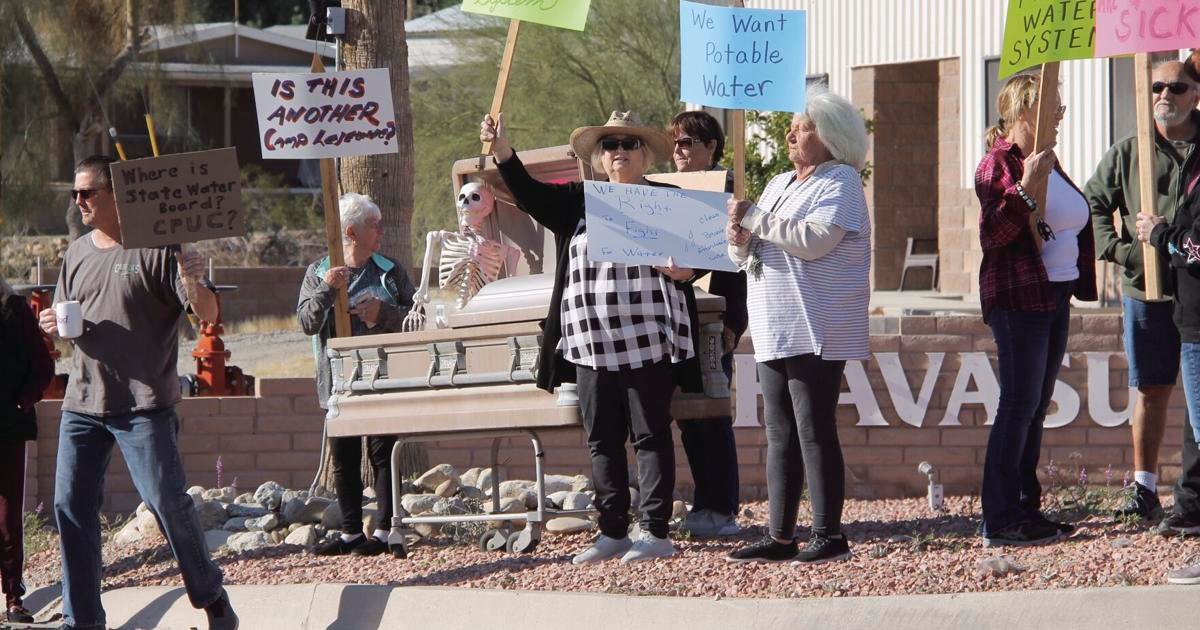Usa News
EPA Considers DOJ Intervention as Havasu Lake Faces Years of Water Violations

Ongoing water quality issues in Havasu Lake, California, have drawn increased scrutiny from the Environmental Protection Agency (EPA). These concerns, alongside several unaddressed drinking water violations by the Havasu Water Company (HWC), may soon prompt the agency to involve the Department of Justice.
On Thursday, the EPA, in collaboration with the California Public Utilities Commission (CPUC), hosted a community meeting to address the water company’s ongoing challenges. Residents expressed frustration over the lack of progress in solving these issues.
The HWC operates a public water system that serves about 360 residents within the Chemehuevi Indian Reservation. Reliant on surface water filtration, the system has faced water quality problems for over three years. Consequently, the EPA began oversight of the company in January.
During the meeting, Christopher Chen, an EPA Safe Drinking Water Act Inspector, stated that investigation into potential escalation measures is underway. “If we feel like we have exhausted all of our routes for getting the water system to return to compliance, we’ll evaluate our options, and that could potentially lead to a referral to the Department of Justice,” he explained.
In parallel, the CPUC is considering issuing additional notices of violation and fines. Wilson Tsai, a program supervisor for CPUC, indicated that they could impose progressive fines if the HWC does not comply by their deadlines.
Since the EPA’s involvement, multiple violations of the Safe Drinking Water Act have surfaced, including six deficiencies identified in December 2023. Alarmingly, 13 deficiencies remain outstanding, with the HWC failing to submit plans to address them by the specified deadlines.
Annie Wan, an EPA life scientist, emphasized the potential contamination risks linked to these deficiencies. Once alerted, water companies are typically given 45 days to devise a corrective plan with the EPA.
Despite the troubling situation, Patrick Wilson, an EPA toxicologist, noted that no long-term health impacts are expected. Nevertheless, the maximum contaminant level for total trihalomethanes has repeatedly been exceeded since 2021.
Residents have faced significant challenges, including a staggering 186 days without potable water from late March 2022 to February 2023. Protests have erupted over the unresolved issues, with additional notifications of violation issued by the CPUC in the past two years for various failings, including prolonged system-wide outages.
Pushing forward, the CPUC plans to issue yet another notice of violation this month as issues with the water service persist. A boil water notice was announced from February 8 to April 26, mandated by the EPA due to unreliable water treatment data from HWC.
Residents have reported further complications such as low water pressure affecting fire safety systems and frequent instances of no potable water, especially during power outages, due to the lack of a backup system.
The situation at Havasu Water Company highlights critical regulatory challenges that affect local communities. Further developments are anticipated as regulatory agencies increase their oversight.


















